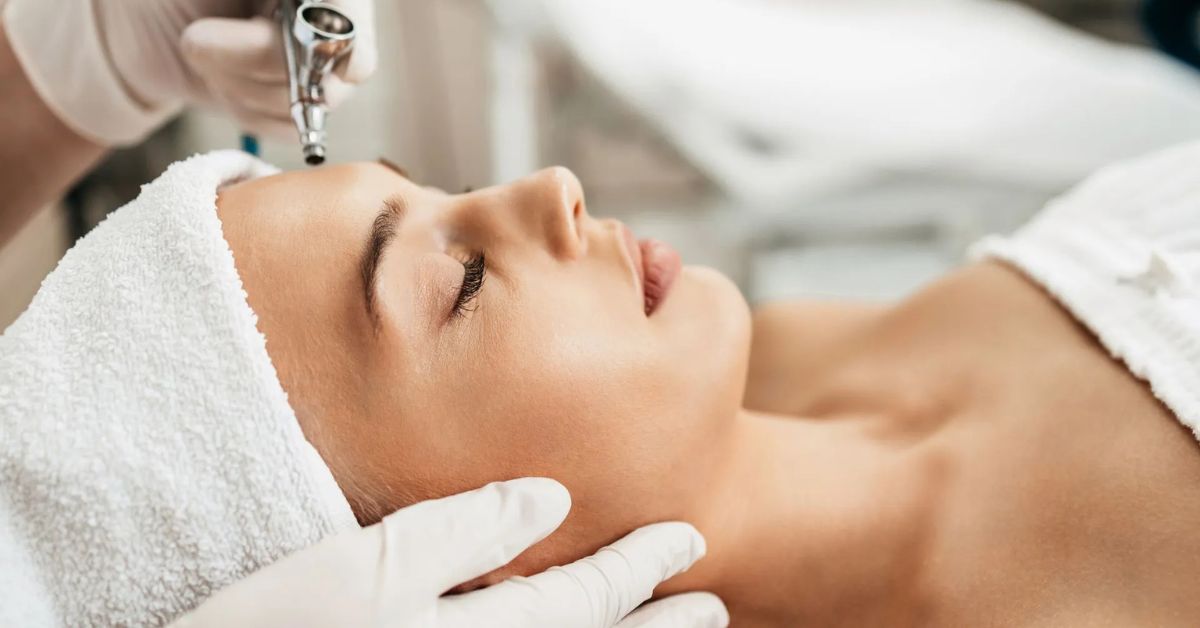Healthy, glowing skin isn’t only the result of skincare products—it’s also deeply connected to the way you live. Your daily habits, stress levels, sleep patterns, nutrition, and environment all influence how your skin behaves. While topical products play an important role, lifestyle factors often determine whether your skincare efforts succeed or struggle to make progress. Understanding this connection empowers you to support your skin from the inside out.
Skin is the body’s largest organ, and like every organ, it responds to the choices you make each day. When your lifestyle supports overall health, your skin becomes more resilient, balanced, and capable of healing. When it’s under constant stress—physical or emotional—it reflects that imbalance. In this article, we explore how lifestyle influences skin health and which changes deliver the biggest improvements.
1. Nutrition: Feeding Your Skin from Within
What you eat significantly affects your skin’s appearance and function. While food isn’t the direct cause of most skin conditions, certain nutrients support skin repair, hydration, and collagen production, while others may trigger inflammation.
Great skin-supporting nutrients include:
- Omega-3 fatty acids (found in salmon, walnuts, chia seeds): reduce inflammation and support moisture.
- Vitamin C (citrus, berries, peppers): boosts collagen and brightens.
- Antioxidants (greens, nuts, colourful fruits): combat free radical damage.
- Zinc (pumpkin seeds, chickpeas): aids wound healing and helps regulate oil.
On the other hand, diets high in sugar or refined carbohydrates can spike insulin, which may worsen acne for some individuals. Dairy, especially skim milk, has also been linked to breakouts in certain people. The goal isn’t restriction, but balance—incorporate more whole foods while reducing heavily processed choices.
2. Hydration: A Simple Habit with Big Effects
Water plays a vital role in maintaining skin elasticity and supporting essential processes like cell turnover. When you’re dehydrated, your skin may appear dull, feel tight, and show fine lines more prominently.
Hydration isn’t only about drinking water—your environment matters too. Central heating, air conditioning, and seasonal changes all influence moisture levels. Use humidifiers in dry climates, drink regularly throughout the day, and incorporate hydrating skincare ingredients such as hyaluronic acid and glycerin to support moisture retention.
3. Sleep: Your Skin’s Overnight Repair Window
During sleep, your body enters a restorative mode in which skin cells regenerate and repair damage from UV exposure, pollution, and daily stressors. Missing out on sleep disrupts this process, leading to:
- Increased inflammation
- Slower healing
- Worsening acne
- Dull or uneven skin tone
- Under-eye shadows and puffiness
Adults generally need 7–9 hours of sleep per night for optimal health. Establishing a calming nighttime routine, limiting screen time before bed, and sleeping in a cool, dark room can significantly improve the quality of your sleep and, in turn, your skin.
4. Stress: A Major Trigger for Skin Imbalances
Stress is one of the most underestimated contributors to skin issues. When stressed, your body releases cortisol—a hormone that increases oil production and inflammation.
As a result, chronic stress may cause:
- Acne flare-ups
- Eczema worsening
- Rosacea triggers
- Slower healing
- Increased sensitivity
Managing stress isn’t always easy, but small daily practices can make a big difference: walking, deep breathing, stretching, yoga, or simply taking a few minutes to disconnect from technology help your body regulate cortisol levels.
5. Exercise: Improving Circulation and Skin Radiance
Regular exercise improves blood flow, which delivers oxygen and nutrients to skin cells. This natural circulation boost gives the complexion a healthy, vibrant appearance. Exercise also helps regulate hormones and reduce stress—two major contributors to breakouts.
However, it’s important to maintain good hygiene. Sweat itself doesn’t cause acne, but when mixed with bacteria or friction from clothing, it can clog pores. Showering after workouts and wearing breathable fabrics help prevent body acne and irritation.
6. Environmental Factors: Pollution, Weather & Sun Exposure
The environment you live in has a direct impact on your skin.
Pollution generates free radicals that break down collagen and accelerate aging. Cleansing thoroughly at night and using antioxidants like vitamin C can help counter these effects.
Weather changes influence hydration—cold air dries skin out, while humidity can increase oiliness or acne. Switching your moisturiser seasonally can support your skin’s needs.
Sun exposure is one of the biggest factors in premature ageing. UV rays break down collagen, cause pigmentation, and increase the risk of skin cancer. Daily sunscreen use is non-negotiable for long-term skin health.
7. Smoking & Alcohol: How They Influence Your Complexion
Smoking constricts blood vessels, limiting oxygen flow and breaking down collagen. It accelerates wrinkles, dullness, and uneven tone.
Alcohol dehydrates the skin and can trigger inflammation, especially in conditions like rosacea. If you drink, balance it with water and hydrating foods.
8. The Mind–Skin Connection: More Important Than You Think
Emotional well-being is closely tied to skin health. People dealing with anxiety or depression often experience flare-ups or slower healing. Practices that support emotional balance—journaling, therapy, mindfulness—can positively impact the skin.
Final Thoughts
Skincare isn’t just what you apply—it’s how you live. Your lifestyle shapes your skin’s resilience, clarity, and radiance. By supporting your body with balanced nutrition, hydration, restorative sleep, stress management, and protective habits, you create a foundation for long-term skin health. Topical products then become more effective, working with your body rather than against it. Glowing skin is the natural result of harmony between your routine and your lifestyle.

